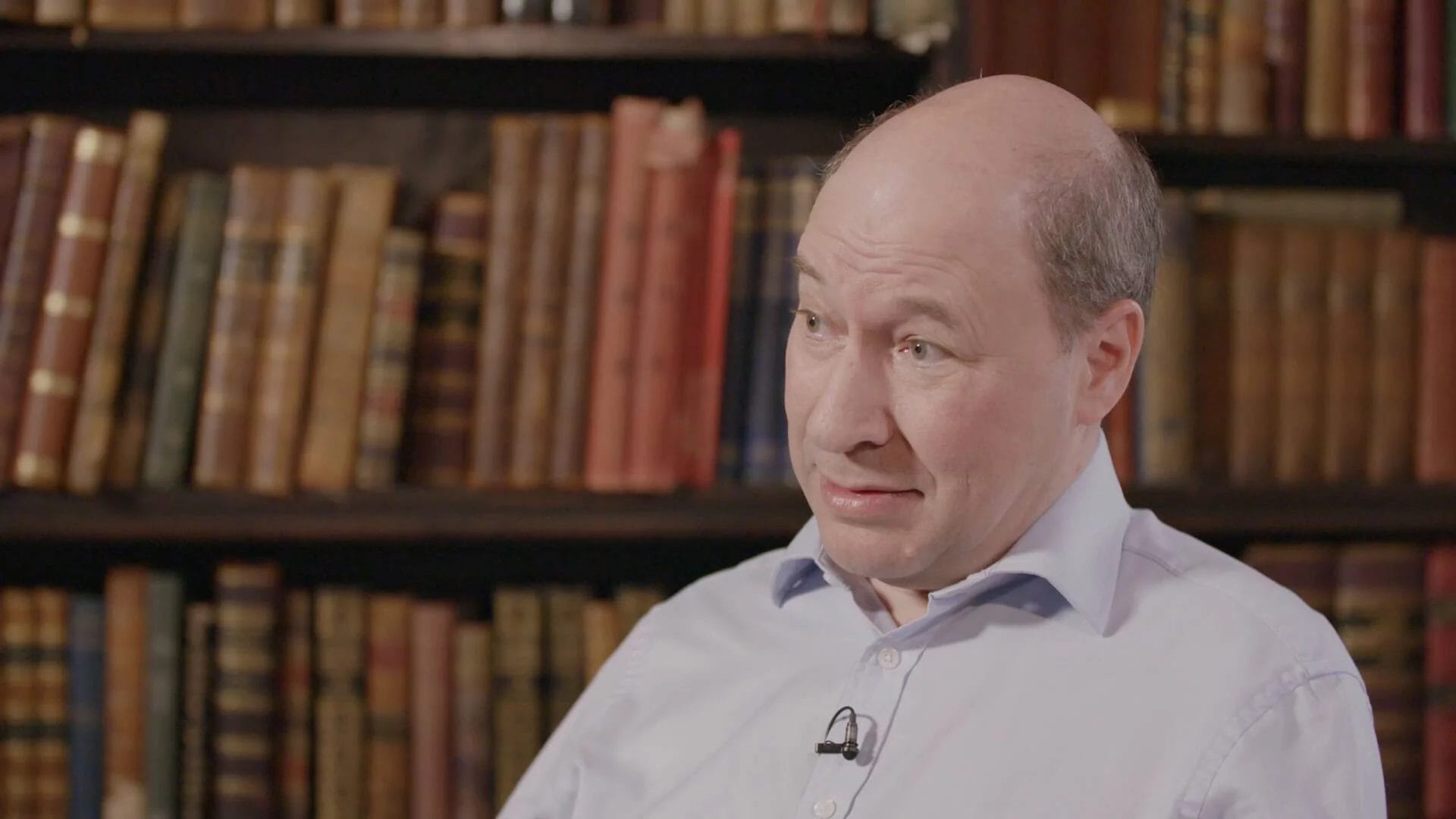I grew up between Maidenhead and Reading. I had a slightly strange university route. I started at Cambridge and did straight Economics, and I did that for a year. I didn’t really enjoy it, it was very theoretical, quite dry. And I switched in my second year to the London School of Economics and did economic history instead, which was much more applied, taking economics and putting it into history. I found that much more interesting.
I have just over one year old baby and a dog and two cats and a husband and two sisters and don’t forget the husband. So that takes up most of my time to be honest Spare time is fairly limited and sleep is the number one priority at the moment. I think it’s a bit odd that I ended up working in finance. Neither of my parents worked in finance. My dad and my mum, they used to invest in investment trusts. They taught me that I needed to be aware of investing as a way to get income. So I knew that that was there. But that wasn’t specifically why I applied to finance. It was really just, you know, we’re in the middle of the financial crisis and I need a job.
I was very lucky that Henderson was the one that didn’t cancel their graduate scheme. I joined Janus Henderson in 2009. I joined as an analyst and worked my way up to being a fund manager, so I joined the same team as I am now, global equity income. I’ve been there about 10 years now. There’s two separate trusts I manage within Janus Henderson.
The first would be Lowland which is an income trust. And what I mean by that is this is for a person that would have a pot of money and they want that pot to generate an income. So this would be maybe someone that has a financial goal in mind – maybe they have school fees to pay, or they’ve retired and they’ve got a cost of living to fund. So they need an income and they also need that income to grow ideally every year so that they can fund those school fees or increased cost of living.
Henderson Opportunities Trust would be for someone quite different, perhaps would be someone younger, someone who has got a long time frame. They’ve got a pot of money and they want that pot to grow over time. And the way we do that within Henderson Opportunities Trust is to invest not entirely but largely in smaller, exciting growth companies in the UK. So these would hopefully be the next big companies within 10 years. But because it’s companies and earlier stage of their life cycle, it won’t be a straight line. There will be volatility associated with that with investing in smaller companies. But hopefully the amount at which your pot grows will compensate for that because these are companies that should ultimately be much bigger companies in the future.
One of the best things I think about my job is that you get to meet companies, and company management teams. So we invest often on a 10, 20 year time horizon. So you’re meeting these companies often every six months, perhaps more frequently, and you’re building up a relationship with the company management teams over time and it becomes a genuine two way relationship. So once they’re comfortable with you and you’re comfortable with them, they’re asking you, well, what do you think about us paying perhaps this income out or what do you think about our balance sheet? Should we do this acquisition? And it’s a genuine two way dialogue. And I just think that’s a huge privilege. You know, they’re they’re the ones that are genuinely running big companies. And you’re that on the other side of the table and they’re actually listening to you and you’re listening to them. I think that is a huge privilege. So that would be the number one thing that I find exciting and interesting.
Another component, which is you don’t often get as a fund manager to meet the end investor, there’s often a few layers in between. It’s hard to picture the person at the other end that’s hopefully benefiting from this and getting an income. And you get you get to do that with investment trusts – only once a year, not that often, but things like the annual general meeting. You will get people coming in, meeting you, and hopefully, if it’s been a good year, you’ll be saying, ‘Great, thanks for that dividend increase, that income increase that’s really helped us.’ And that’s really nice because sometimes in finance you feel like you’re just kind of pushing money around and you don’t get to meet that person to see that you’re actually having a tangible benefit for someone.




